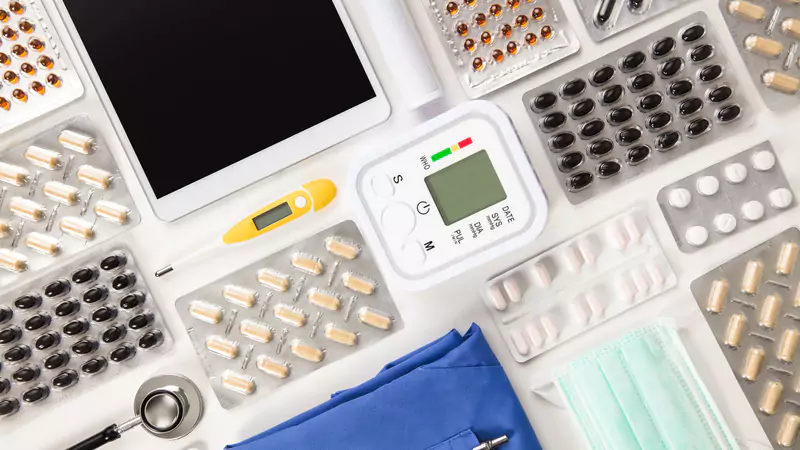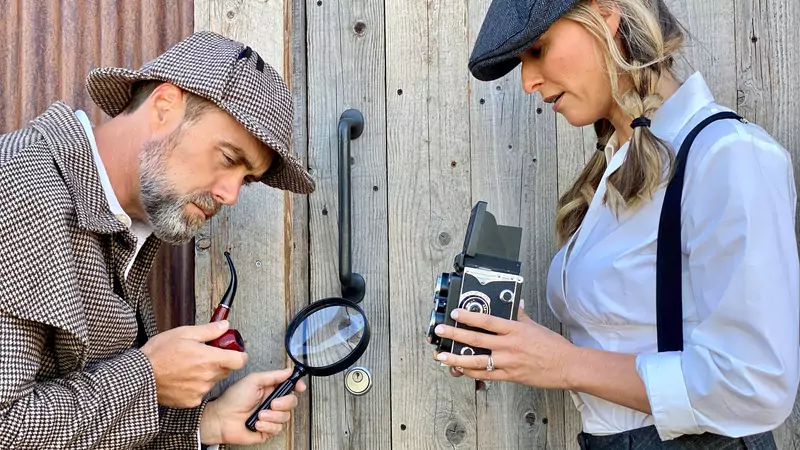Key Points
- Nurses realize how crucial medical supplies are for daily patient care.
- Missing items can lead to stress, wasted time, and compromised outcomes.
- Hospital hallways and inventory logs can hide small mistakes that add up to big mysteries.
- Nurses use detective-like strategies to find clues and track patterns.
- Effective inventory management prevents repeated supply vanishing acts.
- Organized systems and technology can save valuable time and resources.
- A proactive, communicative culture helps prevent supply-related challenges.
When Nurses Turn Into Sleuths: The Mystery Of Missing Supplies
The Importance Of Medical Supplies

Medical supplies might sound like just another checklist item in a hospital’s daily routine, but they’re actually the lifeblood of proper patient care. Imagine trying to bandage a wound without gauze or give medication without the right syringes; suddenly, even the simplest tasks feel impossible.
Nurses take these supplies super seriously, because they know a small shortage can delay treatments, spike patient stress, and cause staff to scramble around the wards searching for basic essentials.
By staying alert to how medical supplies are being used and where they’re stored, nurses can catch issues early and keep everything running smoothly, almost like an undercover hero making sure nothing goes amiss.
It’s this attention to detail that helps them spot when a box of gloves or a tray of tools disappears, sparking their inner nurse detective and leading them to ask, “Where did that go, and who might have it?” They understand that hospital environment mishaps aren’t just an annoyance; they can actually interfere with patient safety, especially when moments count for urgent cases.
Common Reasons Behind Disappearing Supplies

Sometimes, hospital hallways feel like a nonstop rush, and it’s easy for even the most organized staff members to misplace items while juggling patient charts or tending to urgent calls.
A single piece of equipment might get tucked into the wrong cabinet, or a box of gloves might be borrowed from one department and never returned. In other cases, administrative slip-ups, like forgetting to update inventory logs or labeling boxes incorrectly, can add to the confusion and make it seem like vital items vanished into thin air.
Believe it or not, there are also moments when supplies are intentionally hoarded by well-meaning staff who worry about shortages and want to be prepared for the worst.
While their intentions might be good, this habit can lead to bigger problems as more and more missing supplies slip off the radar, frustrating nurses who are just trying to do their jobs. By understanding these scenarios, nurses learn to keep a closer eye on supplies, catching small issues before they grow into full-blown mysteries.
The Detective Role Of Nurses

When a crucial tool disappears, nurses often become part Sherlock Holmes, part supportive teammate, because they know that pinpointing the source of the problem is the first step to finding a solution.
They’ll chat with fellow staff members, ask around for details on who last used a certain piece of equipment, or dig through storerooms and closets with the sharp focus of someone on a top-secret mission. Sometimes, it’s a matter of following a paper trail or double-checking the hospital’s internal systems to see if an item was marked as delivered but never showed up.
At other times, it’s a simple conversation with a colleague who unknowingly stashed supplies in a spot nobody else knew about.
This detective work might sound like extra hassle, but for nurses, it feels natural to step up and solve these puzzles. After all, their priority is making sure patients get the care they need without any hiccups. They recognize that every moment spent hunting down missing items could be time spent tending to someone in need, so efficient sleuthing becomes a necessary skill in every shift.
Maintaining Efficient Inventory Management

When it comes to avoiding supply mishaps in the first place, a well-structured organizational system can make all the difference. Nurses often suggest color-coded labels, digital check-in systems, or designated “homes” for each item so colleagues know exactly where to find them.
Regular audits, like quick weekly checks or monthly deep dives into the storerooms, can reveal problems before they spiral out of control. If a certain brand of gloves keeps going missing, for instance, nurses can flag the trend and work with administrators to see if it’s a sign of higher usage or something more suspicious.
By encouraging an environment where staff feel comfortable speaking up about inventory concerns, hospitals foster a sense of shared responsibility for every box of bandages or roll of tape.
That way, even if something does slip through the cracks, it’s likely to be caught quickly by someone on the lookout. Over time, these routines save both energy and money while giving nurses the peace of mind that supplies will be there when they need them most.
The Impact On Patient Care

It might seem like a few supplies gone astray wouldn’t be a big deal, but in a fast-paced healthcare setting, the ripple effects can be surprisingly large.
Every minute a nurse spends rummaging through drawers or sprinting between floors to grab a crucial item is a minute they’re not directly addressing someone’s well-being.
Patients notice when their care team looks frazzled or stressed, and that can undermine trust, especially in high-stakes moments that could lead to an urgent procedure.
Worse still, if a needed tool goes missing at a critical time, the patient’s outcome could suffer. Nurses carry the weight of knowing that being efficient and prepared can mean everything, so they pour effort into preventing these issues.
By staying organized and proactive, they not only speed up processes but also ensure patients and families feel confident in the team’s ability to handle any challenge. That sense of calm and reliability can set the tone for the entire floor, making a lasting difference day in and day out.
Tips For Preventing Future Supply Mysteries

To keep missing supplies from turning into a recurring puzzle, nurses recommend blending simple habits with smart technology. For starters, a well-communicated protocol makes it clear who’s in charge of restocking or tracking items, eliminating the “I thought someone else would do it” confusion.
Regular training sessions help newcomers learn the ropes faster, while refresher courses remind seasoned staff to keep up best practices, such as labeling, rotating stock, and reporting anomalies right away.
Some hospitals even use barcode scanning or automated inventory apps to maintain real-time records, saving time and reducing human error.
Ultimately, building a culture of open communication means team members feel comfortable pointing out potential shortages or confusion. By making it everyone’s job to stay alert for supply slip-ups, nurses can devote more energy to patient care rather than hunting down stray items. After all, most healthcare professionals would rather focus on saving lives than detective work.

